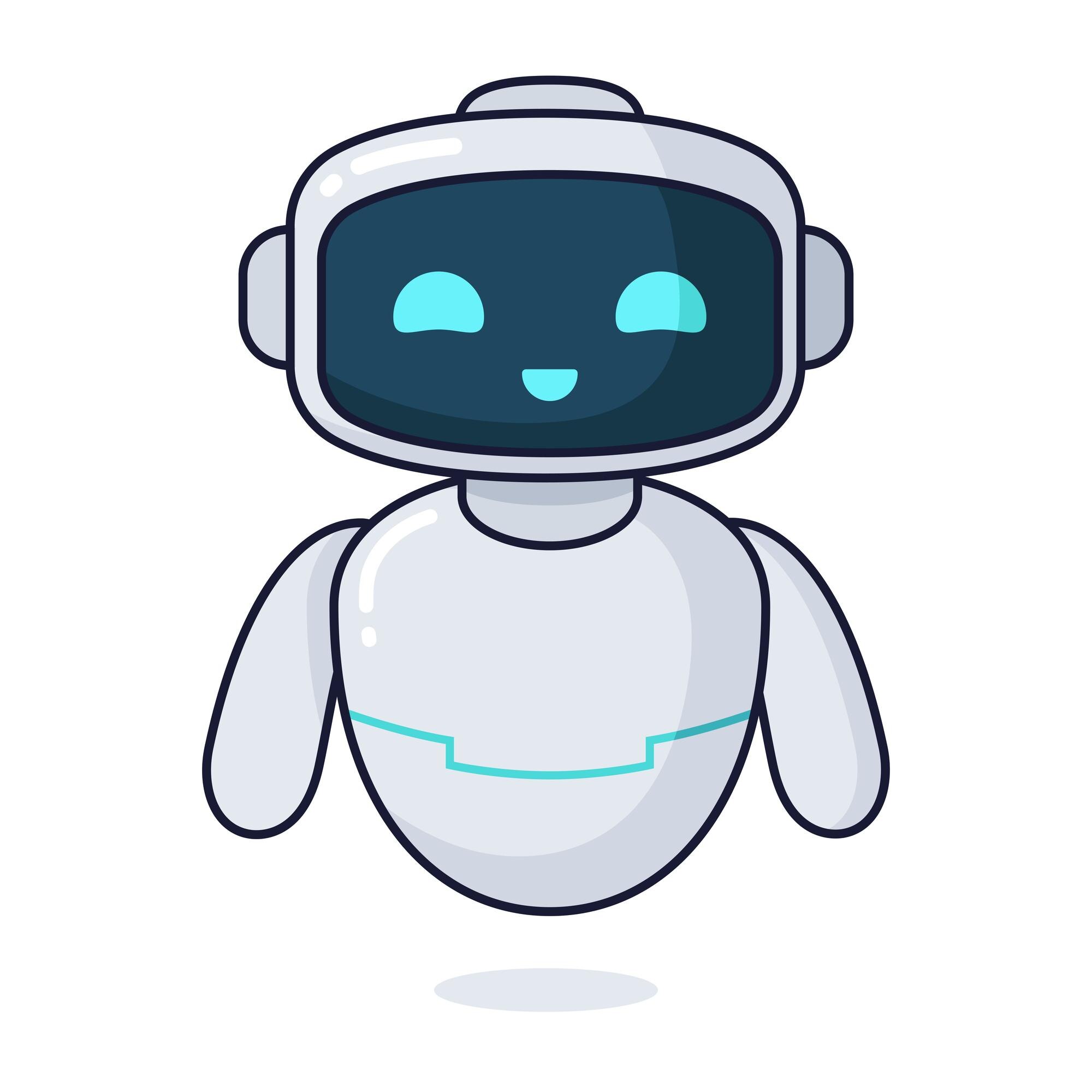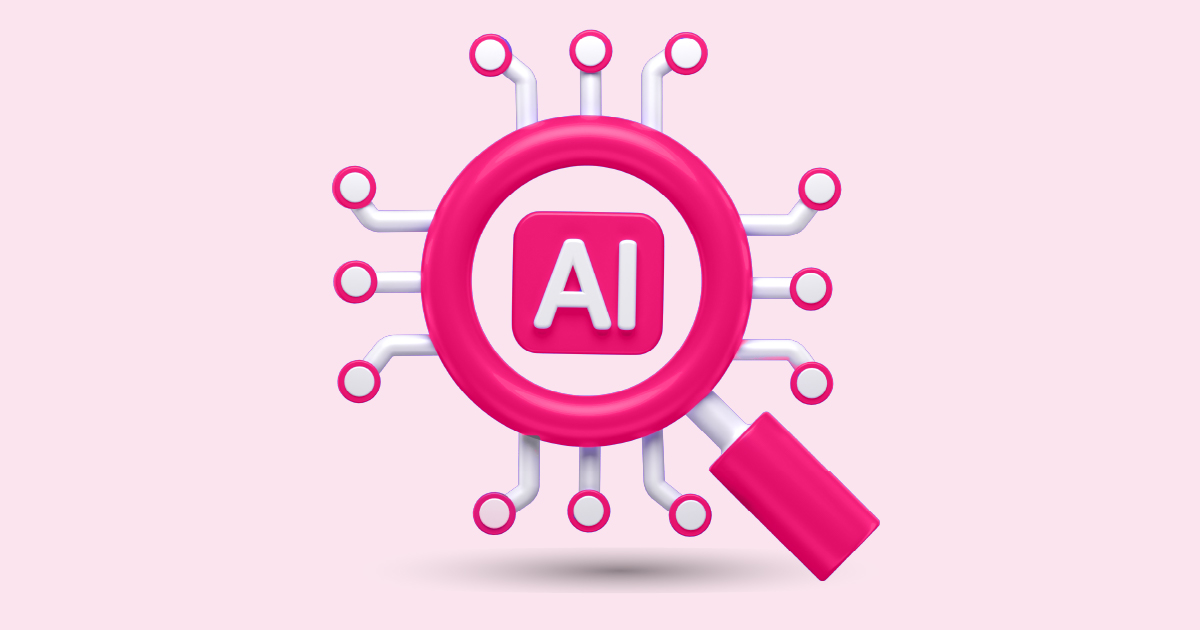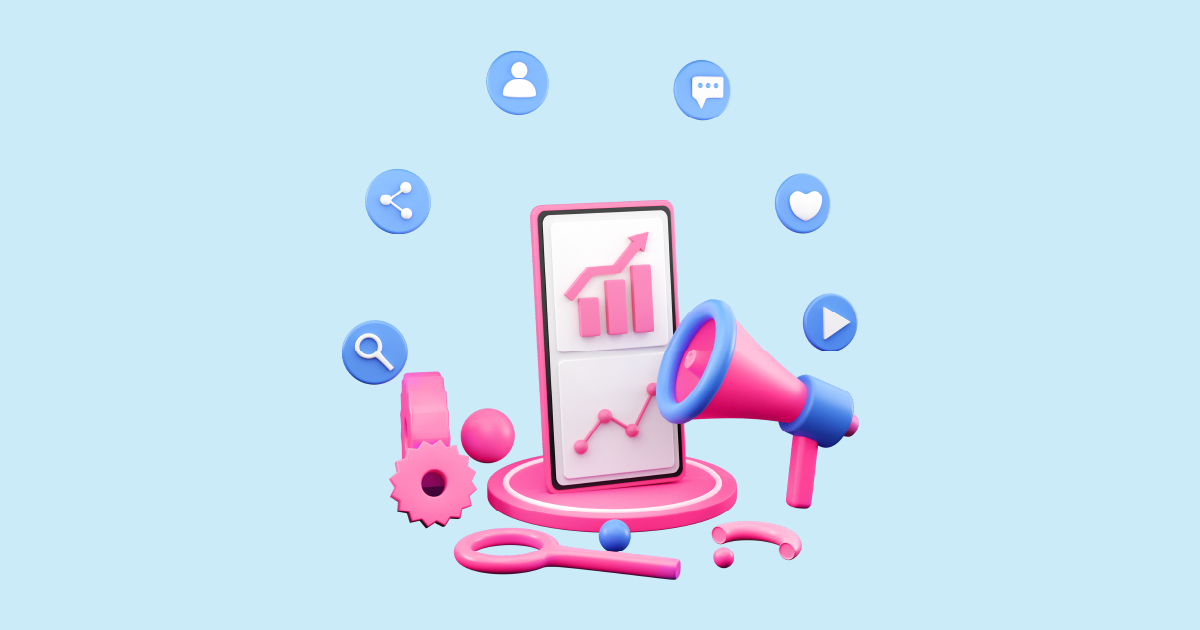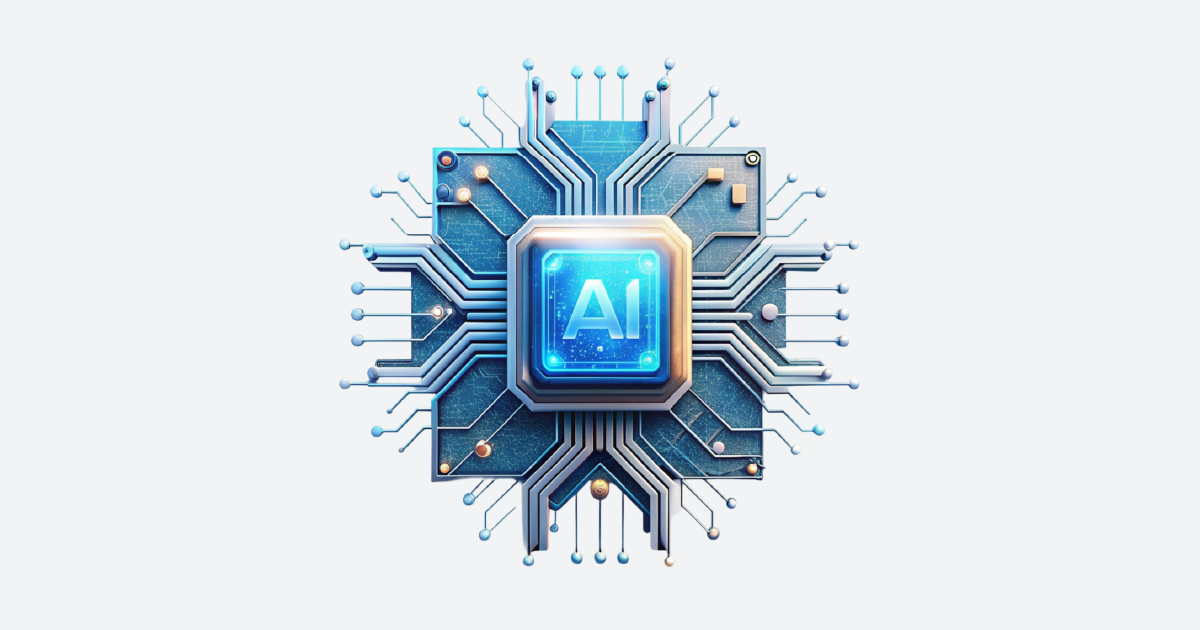Artificial Intelligence (AI) has rapidly evolved from a futuristic concept to an integral part of our daily lives, driving unprecedented innovations across industries. But as we head into 2025, AI is set to make even more significant strides. Let’s dive into the top AI trends for 2025 and explore how these advancements will shape industries, society, and our personal lives.
Top AI Trends 2025: Shaping the Future of Innovation and Industry

The Rise of Generative AI: Top AI Trends 2025
Generative AI has made waves by enabling machines to create content in ways we never thought possible. By 2025, generative AI will play a pivotal role in many fields — an essential part of ai technology trends 2025.
Expanding Creativity Across Industries
Art, Design, and Content Creation
Generative AI tools allow artists and creators to explore uncharted territory. AI systems can now generate art, write stories, compose music, and even assist in filmmaking — a testament to new ai applications 2025.
Marketing and Advertising
In marketing, generative AI is becoming a game-changer. With tools that can generate personalized content for specific audiences, brands can connect with consumers more effectively than ever before — reflecting the current ai trends 2025.
Personalizing Experiences with AI
Generative AI is also making waves in personalization. AI can now craft unique, customized experiences for users, highlighting how new ai apps 2025 will redefine user engagement.
Enhanced Natural Language Processing (NLP)
As NLP technology advances, AI’s ability to understand and generate human language is becoming more refined — one of the latest ai trends 2025 to watch.
Revolutionizing Communication with NLP
AI in Customer Support
AI-powered chatbots and virtual assistants are handling customer queries more efficiently, showing the impact of ai trends 2025 on communication.
AI in Content Generation
With enhanced NLP, AI systems can create more engaging and human-like content — a vital part of the future of AI: trends and innovations.
Multilingual Capabilities and Accessibility
By 2025, AI’s multilingual capabilities will improve accessibility and help businesses reach global audiences — a key highlight of current technology trends 2025.
AI-Driven Automation in the Workforce
AI-driven automation is transforming the workforce, with machines taking on repetitive tasks and employees focusing on creative, strategic roles.
How Automation is Transforming Jobs
Repetitive Task Automation
AI is transforming traditional roles by automating repetitive tasks, aligning with new technology trends 2025.
Advanced Robotics in Manufacturing
Manufacturing is evolving with AI-powered robotics, showcasing another area of ai technology trends 2025.
Upskilling for an AI-Integrated Workforce
As automation grows, the demand for new skill sets will rise, driven by the current ai trends 2025 across industries.
AI in Healthcare and Life Sciences
The healthcare sector is one of the most exciting areas for AI innovation, as it opens doors to revolutionary treatment options and patient care solutions.
Predictive Analytics for Health Diagnostics
Early Disease Detection
AI enables early disease detection and predictive diagnostics, a crucial part of ai trends 2025 in healthcare.
Personalized Treatment Plans
AI’s ability to tailor medical treatments reflects the growing list of new ai applications 2025 improving human health.
AI in Drug Discovery and Development
Accelerating drug discovery is another standout in the future of AI: trends and innovations.
AI and Cybersecurity Advancements
As cyber threats evolve, AI is stepping up to provide smarter, more proactive cybersecurity solutions.
AI Defending Against Cyber Threats
Real-Time Threat Detection
Advanced AI models help detect cyber threats instantly, a sign of latest ai trends 2025 in security.
Fraud Prevention
AI helps prevent fraud in real time, reinforcing its role in current technology trends 2025.
Ethical AI for Data Protection
Responsible AI practices are gaining traction — an important part of the future of AI: trends and innovations.
Autonomous AI Systems and Edge Computing
With the rise of autonomous systems, we’re moving beyond centralized data processing to decentralized, on-the-edge solutions.
Moving Beyond Centralized Data Processing
Edge computing allows for real-time processing, and when combined with AI, it’s at the core of new technology trends 2025.
AI in IoT and Smart Devices
By embedding AI in Internet of Things (IoT) devices, homes, cars, and even cities become smarter, offering enhanced functionality and convenience to users.
Green AI and Sustainable Development
AI has a carbon footprint, but efforts are underway to make AI development more sustainable.
Reducing AI’s Carbon Footprint
Green AI focuses on reducing the environmental impact of AI by optimizing data centers and using energy-efficient hardware.
AI for Environmental Conservation
Monitoring ecosystems through AI is part of new ai applications 2025 for sustainability.
AI in Financial Services and Banking
AI’s potential in finance is immense, from fraud detection to customer service.
Fraud Detection and Risk Management
AI algorithms detect unusual patterns and flag potential fraud, helping financial institutions stay one step ahead of cybercriminals.
Customer Personalization in Finance
AI enables financial institutions to deliver customized services, improving the customer experience and building brand loyalty.
AI in Education and Learning Personalization
Also, AI is transforming education by personalizing learning experiences for students.
Customizing Learning Experiences
Adaptive learning platforms use AI to tailor lessons to each student’s learning style, helping them learn at their own pace and improve outcomes.
AI Tutoring Systems and Feedback
AI tutoring systems provide instant feedback, guiding students and helping them stay engaged with personalized support.
Ethical AI and Transparency
As AI continues to develop, ethical considerations are becoming more prominent.
Ensuring Fair and Transparent AI
Transparent algorithms are a growing focus within current technology trends 2025.
Addressing Bias in AI Algorithms
Reducing bias is critical to ethical use — one of the latest ai trends 2025 drawing global attention.
The Importance of AI Governance and Regulation
Governance frameworks are essential to ensure AI is developed and used responsibly.
Global Efforts Toward AI Regulation
Countries are implementing AI regulations to ensure the technology is used ethically and securely, fostering trust among users.
Self-Regulation Within the Tech Industry
Companies are establishing frameworks, aligning with the future of AI: trends and innovations.
Conclusion
AI’s potential to transform industries and society is vast, but it must be developed responsibly. By embracing these top ai trends in 2025 with a commitment to ethics and transparency, we can look forward to a future where AI truly benefits humanity. For businesses aiming to stay ahead of ai trends 2025, leveraging the right tools is essential.
If you’re interested in discovering how AI can drive your business forward, consider a hands-on experience with AIM Technologies’ innovative solutions. Request a demo from AIM Technologies today to see how AI can enhance your operations, improve customer experiences, and prepare you for the future of AI-driven success.
FAQs
1. What is Generative AI and why is it important?
Generative AI creates original content like images, text, and music, adding immense value to fields like entertainment, design, and marketing.
2. How is AI changing the job market?
AI is automating repetitive tasks and freeing up time for strategic work, while creating new jobs that require human skills in creativity and problem-solving.
3. What role does AI play in healthcare?
AI aids in early disease detection, personalized treatments, and drug discovery, revolutionizing patient care.
4. What are some risks associated with AI?
AI can pose risks if misused, including bias in algorithms, privacy concerns, and job displacement.
5. How can businesses prepare for AI trends in 2025?
Businesses can stay ahead by investing in AI technologies, upskilling employees, and adopting ethical AI practices.




